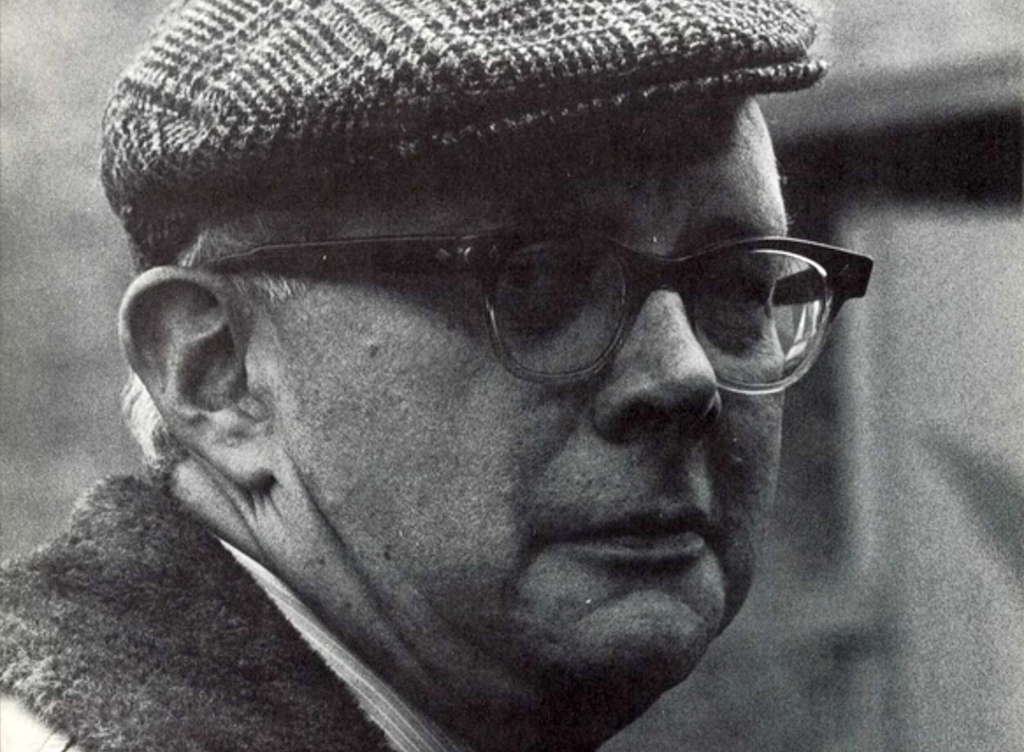Nearly fifty years on from its publication, Irving Howe’s 1976 World of Our Fathers: The Journey of the East European Jews to America and the Life They Found and Made remains relevant. Those who pick up a copy in 2025, during ongoing and volatile debates in American Jewish communities over Palestine and Israel, may recognize something in the bitterness and sincerity of the struggles over the relationship between politics and identity that it recounts. Through Howe’s narrative, World of Our Fathers harmonizes the socialist anthems of early Jewish immigrant culture with a requiem for America’s Old Left.
Howe was the founding editor of Dissent, author of many books, and a reputed literary critic. But the reception of World of Our Fathers, including a National Book Award, marked the critical and commercial peak of his career. With a journalistic attention to minutiae, the book details the lives of European Jewish immigrants around the turn of the last century, foregrounding the stories of migrants who fled across contested borders in and around the region of current-day Ukraine, surviving armed conflict, revanchist imposition, and the threat of statelessness — many of the same postcolonial issues that remain pressing throughout the world today.
From the 1880s to the 1920s, some 2.5 million Ashkenazi Jews left Europe, mainly from the Russian empire, bound for America and Palestine. It was “one of the highest rates of emigration recorded in the history of modern migrations,” according to the historian Liebmann Hersch.
Howe, the child of these migrants, resurrects the sociopolitical milieu of his parents. These communities of refugees helped to form the cultural and political world of American Jews in the 1970s. Almost half a century on, World of Our Fathers remains a peerless amalgamation of European Jewish stories passed down in America.
The context in which Howe wrote was one in which Jewish identity was in flux. Some young…
Auteur: Matt A. Hanson

